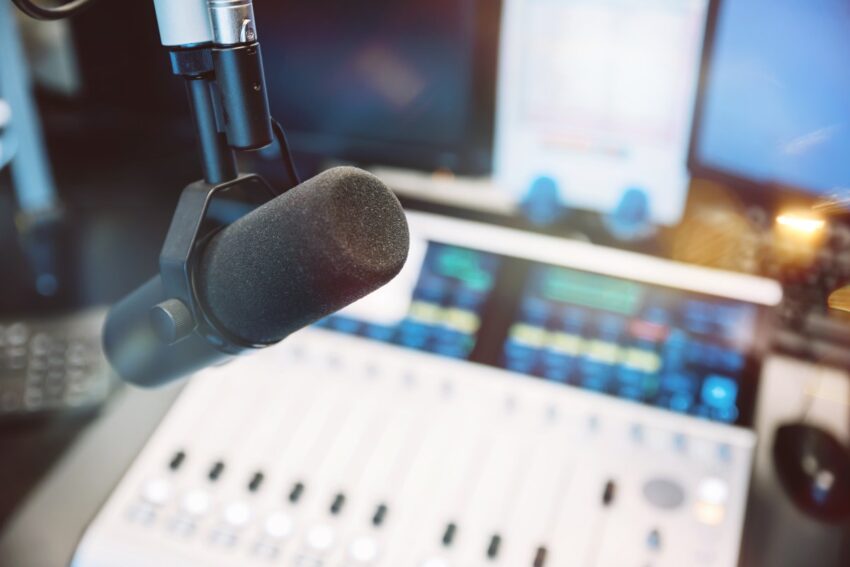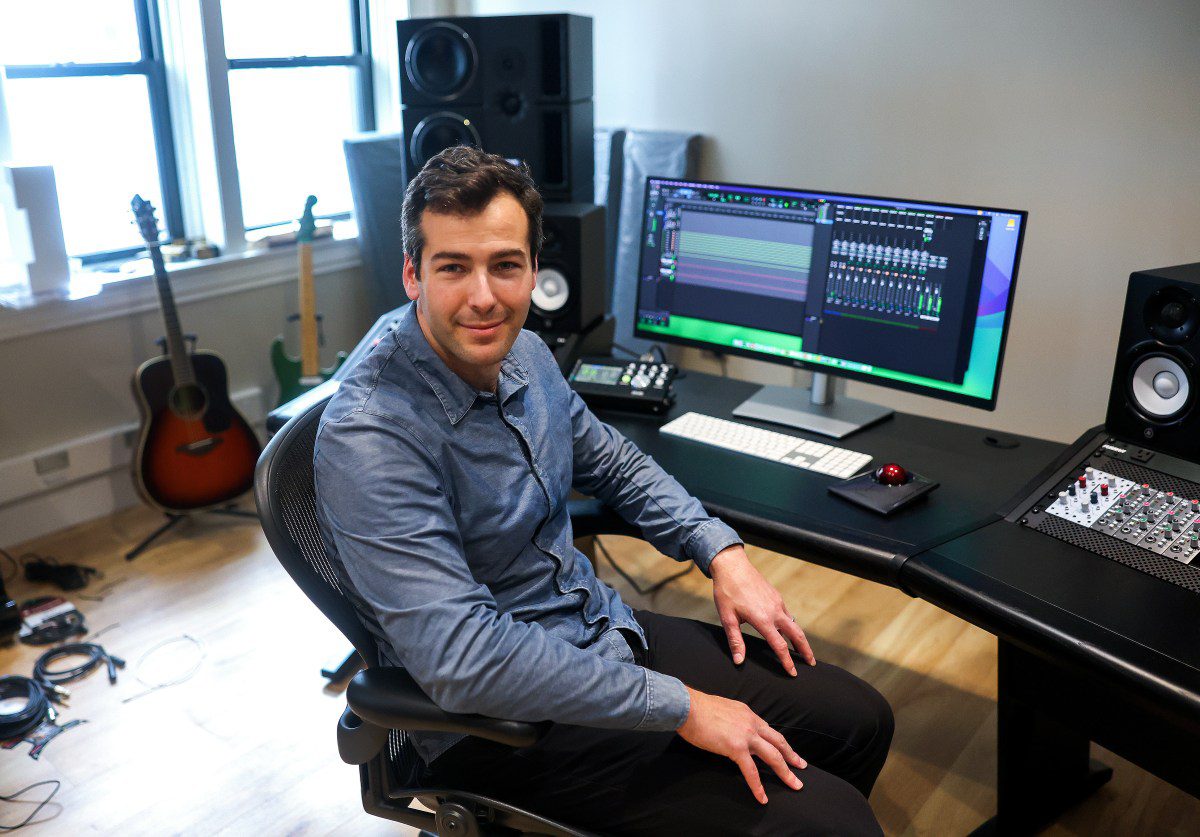
warner music settles copyright lawsuit with udio Warner Music Group has reached a significant agreement with Udio, a music technology startup, following a copyright lawsuit that raised important questions about the intersection of artificial intelligence and music rights.
warner music settles copyright lawsuit with udio
Background of the Legal Dispute
The copyright lawsuit between Warner Music and Udio stemmed from concerns regarding the use of copyrighted material in the creation of AI-generated music. Warner Music, one of the largest music companies globally, has been vigilant in protecting its artists’ rights and intellectual property. Udio, on the other hand, aimed to innovate within the music space by leveraging AI technology to create new musical compositions.
Udio’s platform allows users to create remixes, covers, and entirely new songs by utilizing the voices of participating artists and the compositions of songwriters. This innovative approach raised questions about copyright infringement and the legal implications of using AI to generate music that incorporates existing works.
The Settlement Agreement
The settlement reached between Warner Music and Udio marks a pivotal moment for both parties. As part of the agreement, Warner Music has granted Udio the rights to use its catalog for the development of its AI music platform. This deal not only resolves the legal dispute but also opens the door for a collaborative relationship between the two entities.
Under the terms of the agreement, Udio’s subscription service will enable users to create music that features the voices of artists who have opted in, as well as the compositions of songwriters who choose to participate. This model allows for a new level of engagement between artists and fans, as users can create personalized music experiences while respecting the rights of the original creators.
Implications for Artists and Songwriters
The settlement has significant implications for artists and songwriters in the music industry. By allowing Udio to use their voices and compositions, artists can benefit from a new revenue stream generated by user-created content. This model encourages collaboration and creativity, enabling artists to reach wider audiences through user-generated remixes and covers.
Moreover, the agreement highlights the importance of consent in the use of an artist’s work. By ensuring that only those artists who choose to participate are included in Udio’s platform, the settlement respects the rights of creators while fostering innovation in the music space.
The Rise of AI in Music
The integration of AI technology in music creation has been a growing trend in recent years. Companies like Udio are at the forefront of this movement, utilizing machine learning algorithms to analyze existing music and generate new compositions. This technology allows for the creation of unique musical experiences that blend the creativity of human artists with the capabilities of AI.
AI-generated music has the potential to revolutionize the industry, offering new ways for fans to engage with their favorite artists. However, it also raises important questions about copyright, ownership, and the future of creative expression. The Warner Music and Udio settlement serves as a case study for how the industry can navigate these complex issues.
Stakeholder Reactions
The reaction to the settlement has been mixed among stakeholders in the music industry. Some view it as a positive step toward embracing innovation while protecting artists’ rights. Others remain cautious, concerned about the implications of AI-generated music on traditional songwriting and the creative process.
Artists who have opted into Udio’s platform have expressed enthusiasm about the opportunity to connect with fans in new ways. By allowing their voices to be used in user-generated content, they can engage with their audience on a more personal level, fostering a sense of community around their music.
On the other hand, some industry experts warn that the proliferation of AI-generated music could dilute the value of original compositions. They argue that while AI can enhance creativity, it should not replace the human element that is essential to music-making. The balance between innovation and tradition will be crucial as the industry adapts to these changes.
Future of AI in the Music Industry
The Warner Music and Udio agreement signals a broader trend in the music industry toward embracing technology while navigating the complexities of copyright law. As AI continues to evolve, it will likely play an increasingly significant role in music creation and distribution.
In the coming years, we may see more partnerships between traditional music companies and tech startups focused on AI. These collaborations could lead to new business models that benefit both artists and fans, creating a more dynamic and interactive music ecosystem.
Challenges Ahead
Despite the positive aspects of the settlement, challenges remain. The legal landscape surrounding copyright and AI is still evolving, and future disputes are likely as more companies enter the space. Establishing clear guidelines for the use of AI in music creation will be essential to protect the rights of artists while fostering innovation.
Additionally, there is the question of how to fairly compensate artists whose work is used in AI-generated music. As the industry adapts to these changes, it will be crucial to develop transparent systems that ensure artists receive fair remuneration for their contributions.
Conclusion
The settlement between Warner Music and Udio represents a significant development in the ongoing dialogue about the role of AI in the music industry. By allowing Udio to use its catalog for an innovative AI music platform, Warner Music has taken a proactive step toward embracing technology while safeguarding the rights of artists.
As the music landscape continues to evolve, the collaboration between traditional music companies and tech startups will be vital in shaping the future of music creation and distribution. The implications of this agreement extend beyond the immediate parties involved, potentially influencing how the industry navigates the challenges and opportunities presented by AI technology.
Ultimately, the success of this partnership will depend on the ability of both Warner Music and Udio to balance innovation with respect for the rights of artists and songwriters. As they move forward, the music industry will be watching closely to see how this settlement shapes the future of music in an increasingly digital world.
Source: Original report
Was this helpful?
Last Modified: November 20, 2025 at 8:40 am
3 views















